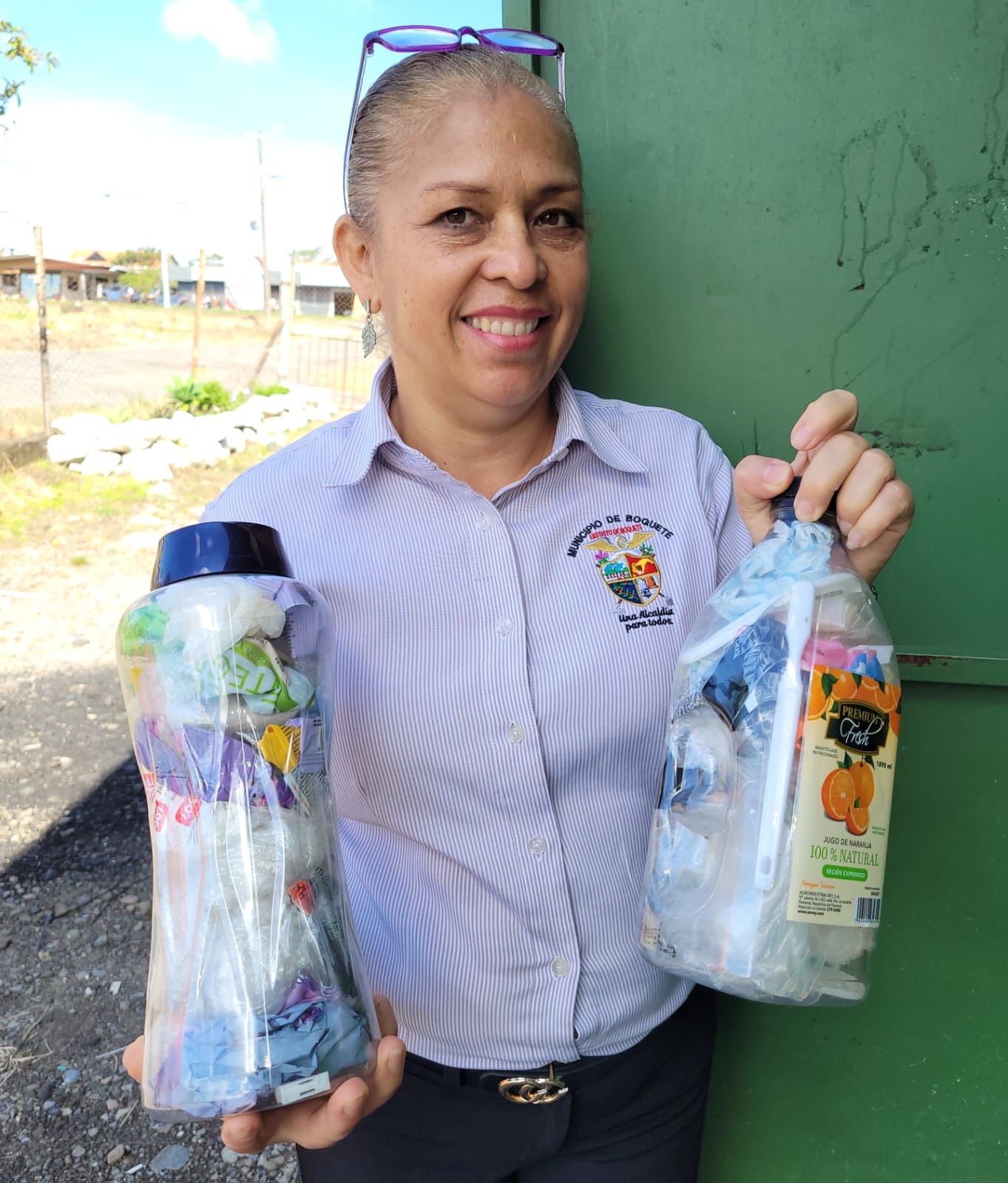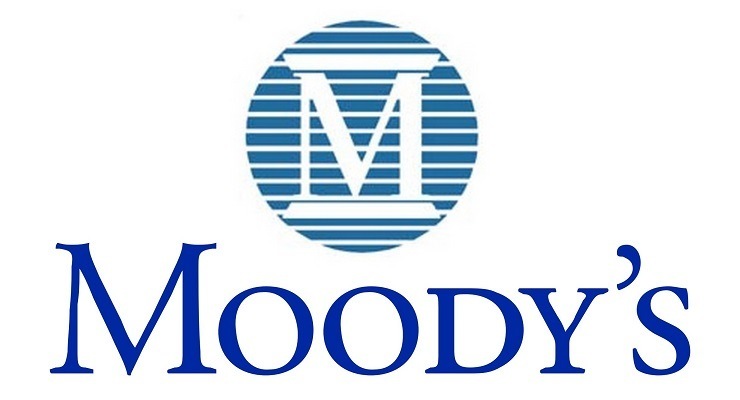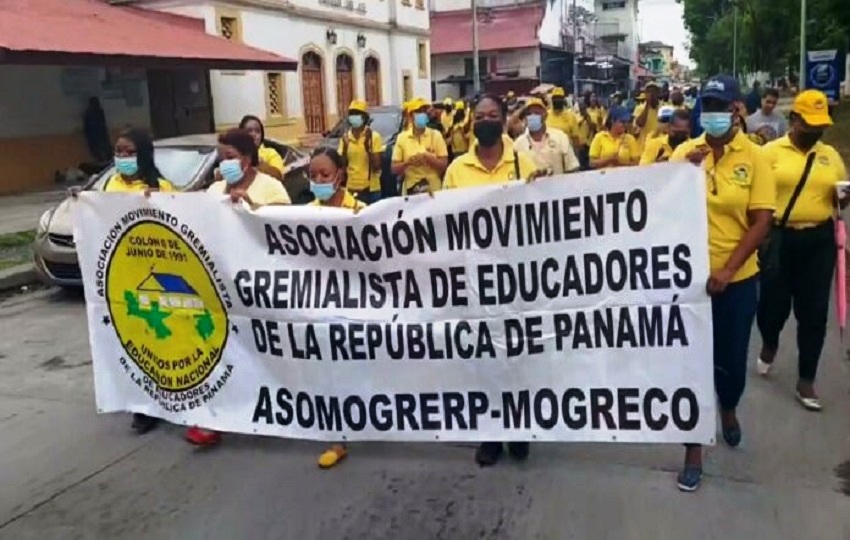China Points to Panama’s Reputation as an Investment Destination where Law and Transparency Prevail
Chinese ambassador to the United Nations, Fu Cong is pictured below.

China hopes that Panama will provide a fair environment for companies from different countries and regions. China referred to Panama as an international investment destination known for its adherence to the rule of law and transparency in the business world, in the face of US pressure to remove Chinese companies that operate the Canal from the field and “regain” control of this strategic passage. “It is expected that (Panama) will provide a fair environment for companies from different countries and regions, including companies from the Chinese Special Administrative Region of Hong Kong,” said Foreign Ministry spokesman Lin Jian (pictured below).
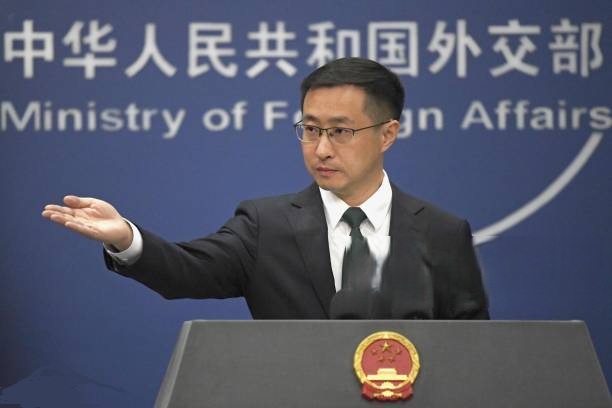
The Hong Kong conglomerate CK Hutchison, owned by Li Ka-shing, pictured below, the richest man in Hong Kong and the eighth in Asia – has owned the Panama Ports Company (PPC) since 2015, which operates the Pacific port of Balboa, the second with the most container movement in the country, and the Atlantic port of Cristobal, the fifth on the list. Lin added that the government of the former colony, for its part, has already responded to the “issue” of Hong Kong companies that manage ports in the Panama Canal. The parent company of PPC fell 1.8% on the stock market due to the stated intention of the US president, Donald Trump, to “retake” control of the Panama Canal in the face of alleged Chinese interference.

On several occasions, Trump has threatened to “take” the Panama Canal and has criticized the decision of the late former president Jimmy Carter (1977-1981) to negotiate the treaties that allowed the transfer of the canal to Panama, a process that was completed in 1999. China, meanwhile, has insisted that it does not participate in the management or operation of the Canal, which it recognizes as a “neutral international infrastructure” in whose affairs it has “never interfered,” according to a statement by the Chinese ambassador to the United Nations, Fu Cong. Panama is a destination for international investments.
China Lashes out at US ‘Coercion’ After Panama Declines to Renew Infrastructure Agreement
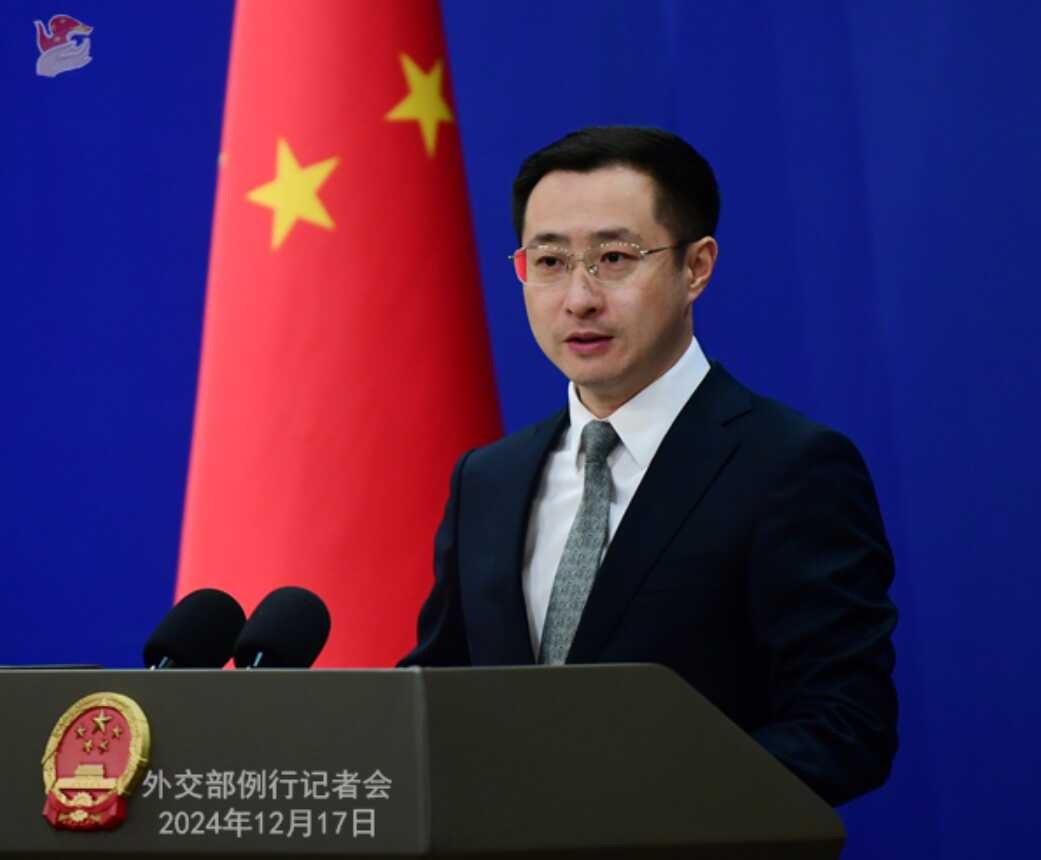
BEIJING — China lashed out at what it called U.S. “coercion” after Panama declined to renew a key infrastructure agreement with Beijing following Washington’s threat to take back the Panama Canal. Foreign Ministry spokesperson Lin Jian, pictured above, said at a briefing that China “firmly opposes the U.S. smearing and undermining the Belt and Road cooperation through means of pressure and coercion.” The Belt and Road Initiative is President Xi Jinping’s (pictured below) signature foreign police drive to bind China closer to countries in the region and beyond by building roads, railways, airports, power plants and other infrastructure.
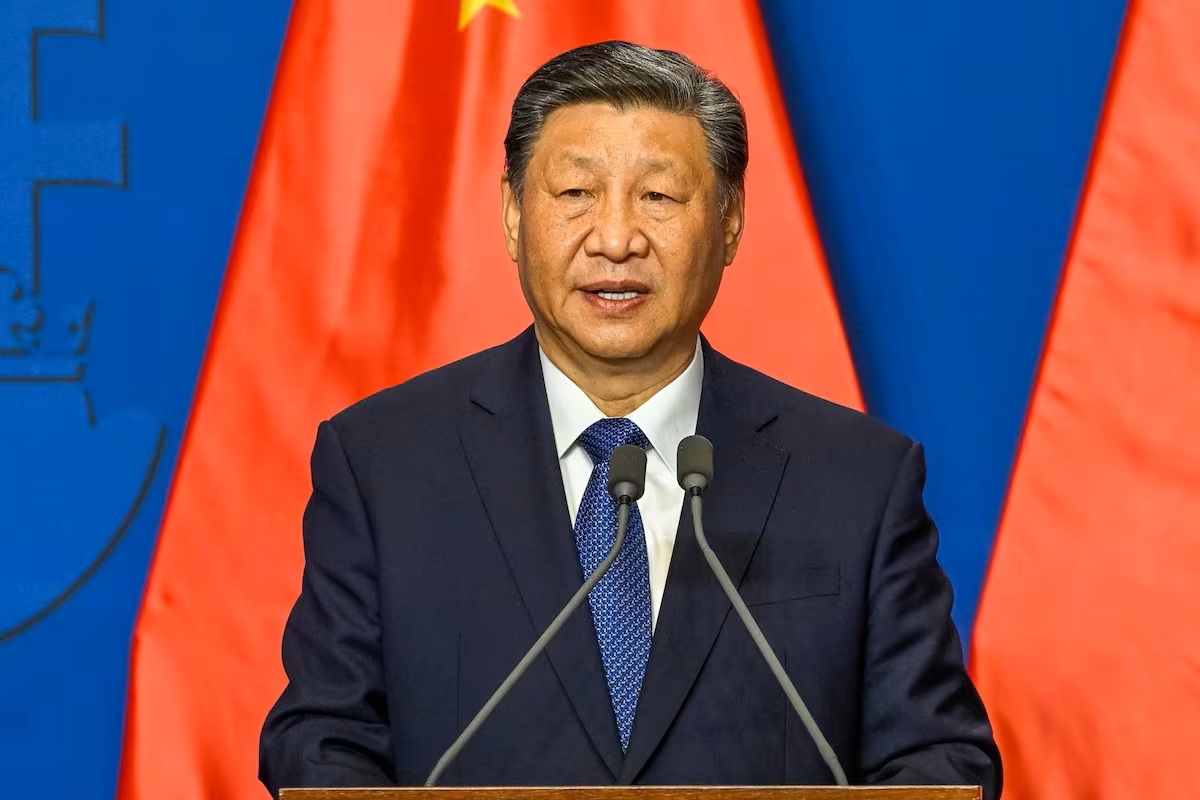
The program has completed some major projects but also raised concerns about debt and environmental impact. Panama’s decision to walk away from it was seen as a concession to the U.S. over the canal after U.S. Secretary of State Marco Rubio warned Panamanian leader José Raúl Mulino on Sunday that Panama must immediately reduce what President Donald Trump says is Chinese influence over the canal area or face potential retaliation from the United States. Mulino has rejected pressure from the new U.S. government to discuss ownership of a waterway that is vital to global trade.

Despite that, some believe Panama may be open to a compromise under which canal operations on both sides are taken away from the Hong Kong-based Hutchison Ports Company, which was given a 25-year no-bid extension to run them. An audit into the suitability of that extension is already underway and could lead to a rebidding process. A drop in water levels in the canal due to drought had slowed transit through the canal, raising further complaints from Trump, although the delays appear to have nothing to do with China. Lin said the Belt and Road Initiative has brought “active participation” from over 150 countries and that it has brought “fruitful results” to Panama and China, but gave no examples. “We hope Panama will bear in mind the general picture of bilateral relationship and the long-term interests of both peoples, resist external interference, and make the right decision,” Lin said.



